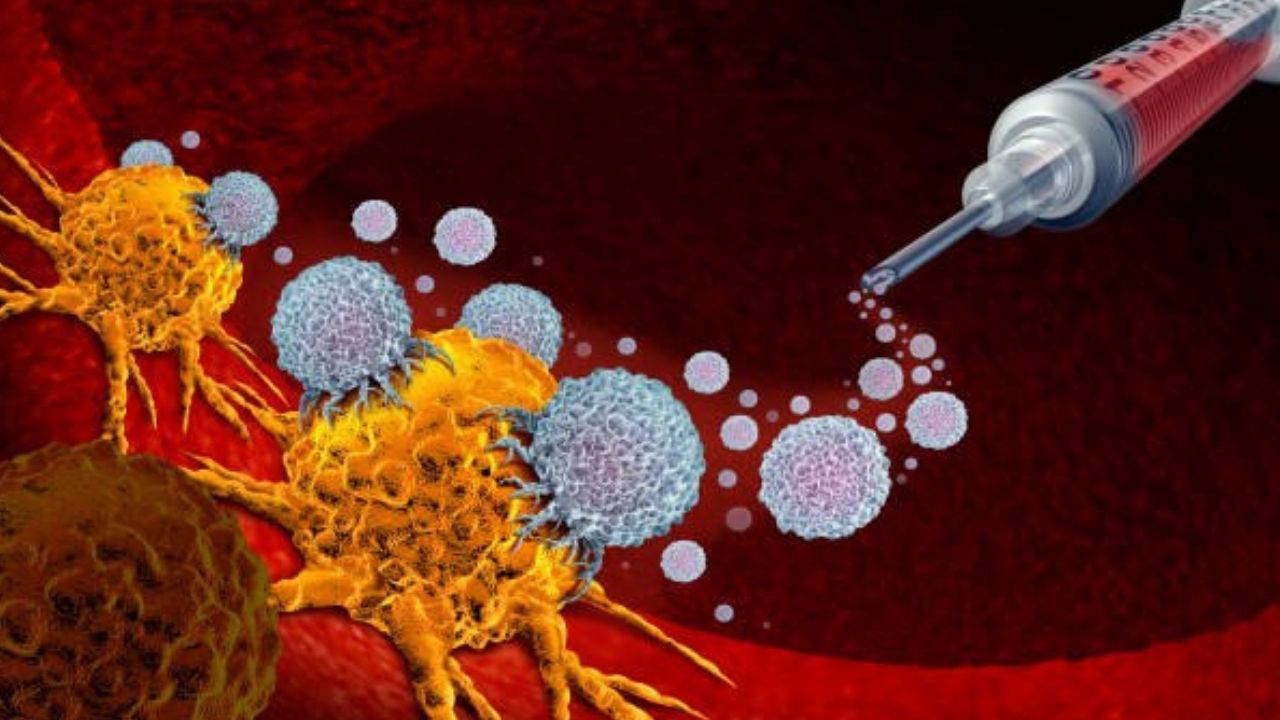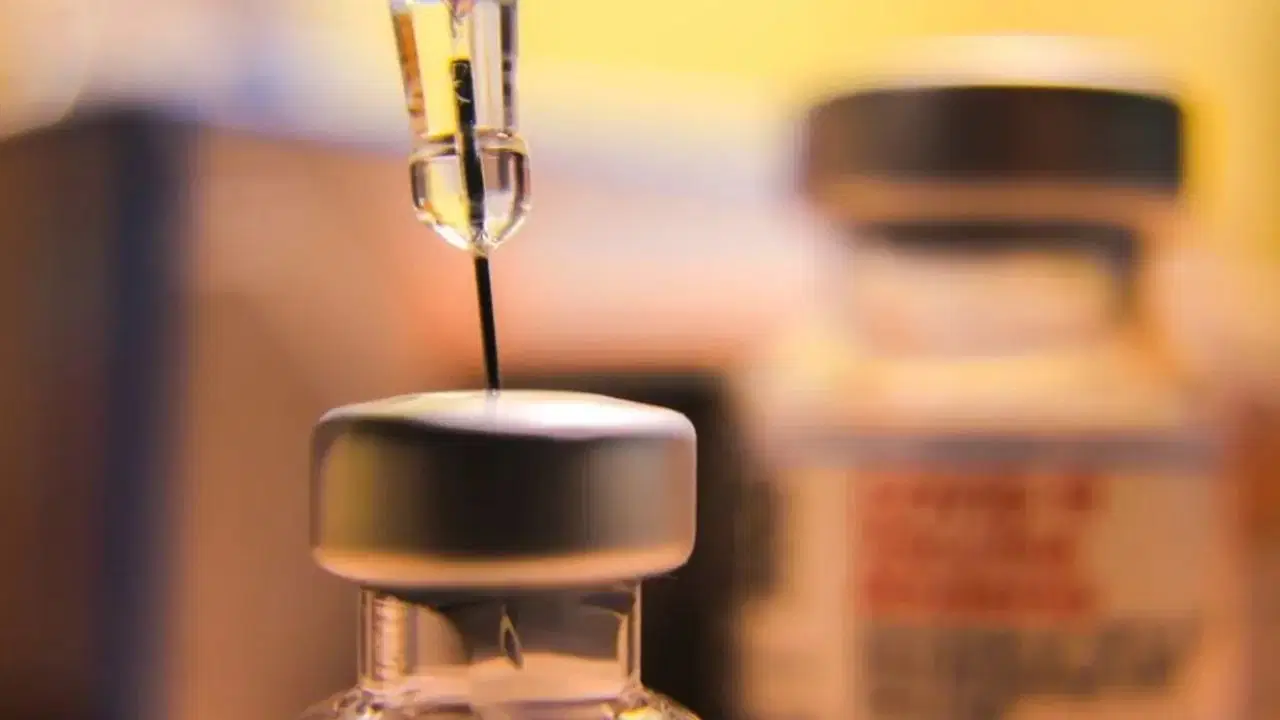Hope for a vaccine against cancer: Nanoparticle-based vaccine stopped cancer

The medical world has been shaken by a development that could revolutionize the fight against cancer. A research team led by the University of Massachusetts Amherst announced that the nanoparticle-based cancer vaccine they developed prevented the formation of deadly tumors in mice. This experimental method, applied to melanoma, pancreatic, and triple-negative breast cancer, completely halted metastasis (spread) in some cases. Scientists say this discovery could lay a strong foundation for future preventive cancer vaccines.

The study's lead author, biomedical engineer Prof. Prabhani Atukorale, said the new vaccine system was designed to activate the immune system in a "multifaceted way." The team noted that 88 percent of the vaccinated mice remained tumor-free, and the cancer was also prevented from spreading to distant organs like the lungs.
In previous studies, this nanoparticle formulation was shown to shrink existing tumors in mice and even eradicate some completely. In this new study, the vaccine created a protective immune barrier, preventing tumor development in the first place.
A “SUPER VACCINE” THAT STOPS CANCER IN MICESIn initial experiments, researchers combined nanoparticles with a specific antigen that recognizes melanoma cells. This mixture then programmed T cells in the immune system to recognize and destroy the cancer cells.
Three weeks later, when mice were exposed to cancer cells, 80 percent of those receiving this so-called "super adjuvant" vaccine remained tumor-free and survived the 250-day trial. In contrast, all mice vaccinated with conventional vaccines or formulations containing no nanoparticles died within 35 days.
NEW GENERATION IMMUNE ACTIVATION THAT PREVENTS METASTASISThe research team emphasized that preventing metastasis, the most lethal aspect of cancer, was the most significant achievement of this method. In further experiments, the researchers used directly killed tumor cells (tumor lysate) instead of a single antigen. This method has greatly facilitated the development of immunity against different types of cancer.
Cumhuriyet





